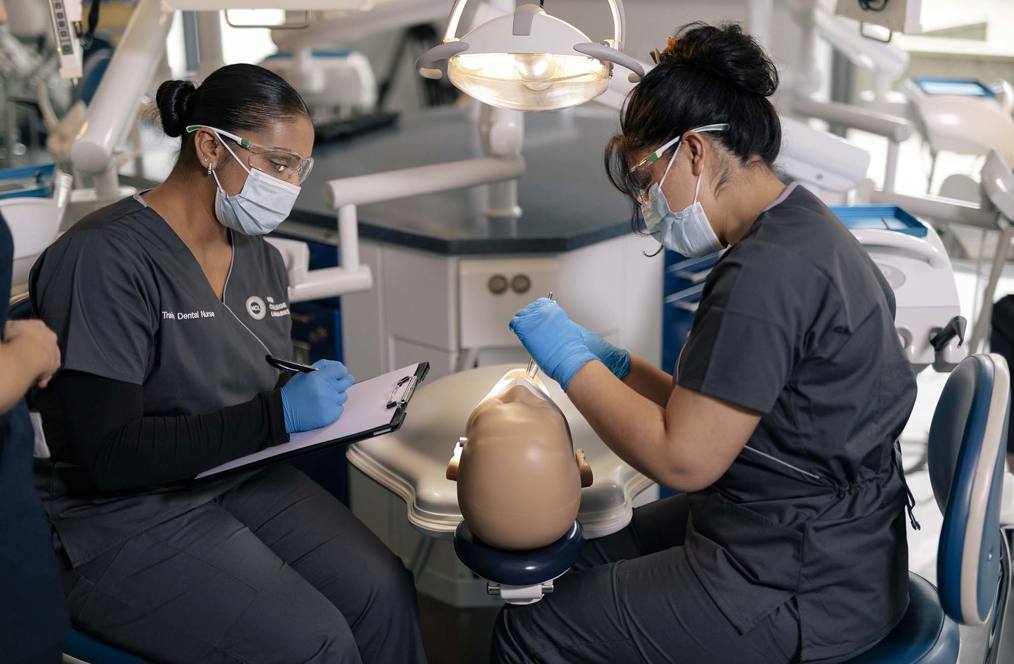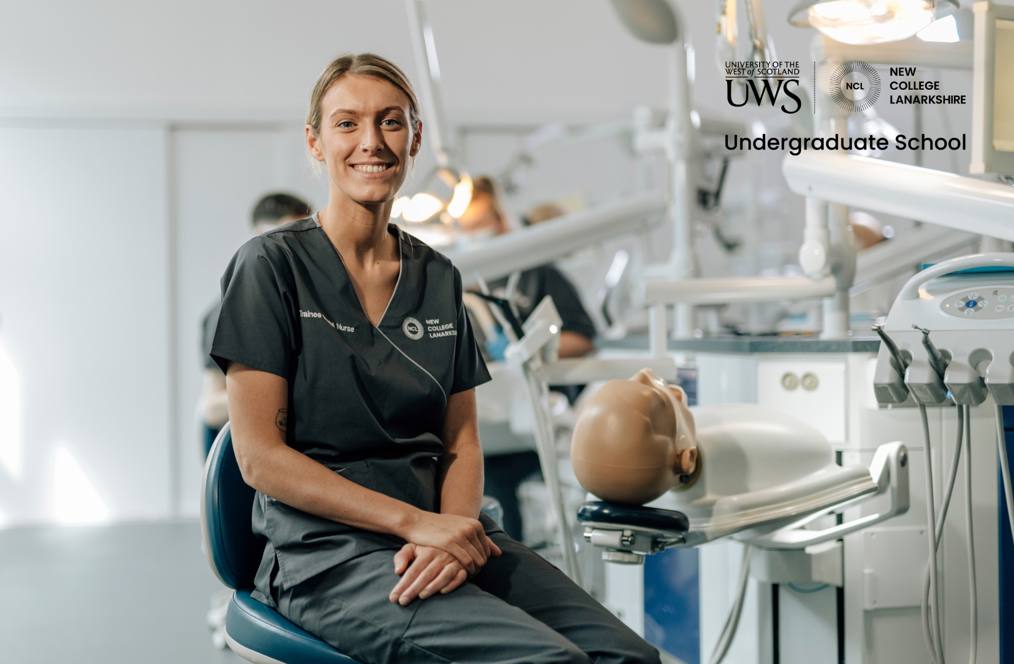HNC Counselling
- Duration:-
- Mode:-
- Starting:-
- SCQF level:-
- Cost:-
HNC Counselling

Overview
This course is a progressive route into counselling as a profession and is aimed at those working in, or seeking to work in, a variety of counselling contexts. You will be provided with the opportunity to explore and advance your existing knowledge and/or experience of counselling and this will be useful for those working in the sector.
The course is perfect for existing holders of certificates in Counselling Skills or appropriate National Units plus significant voluntary/paid work experience.
Entry
In order to gain a place on this programme, candidates must already have;
- A Counselling Award at SCQF Level 6 or above e.g. the SQA unit Theory for Practice: an Introduction (or equivalent counselling units/awards from other awarding bodies at SCQF Level 6)
- Experience of voluntary/paid work experience in a care/counselling environment
- Understanding of working with individuals who have experienced addiction, bereavement and relationship issues is desirable
- Counselling training and other qualifications will be considered on an individual basis.
- Qualifications at higher level are advantageous and all prospective students will be invited to attend an interview where you will be asked to write a short essay as part of the application process demonstrating the ability to work at SCQF Level 7.
If you do not meet the entry criteria for your chosen course, you may be offered an alternative course in the same subject area such as Higher Level 6 Counselling Skills and Care: An Introduction.
Candidates must demonstrate at interview their suitability to be allowed to undertake this programme. This is a demanding course and you will need to assess realistically your ability to cope with these demands.
Students will attend college 2 and half days per week. The college day starts at 9am and finishes at 4pm.
Learn
You will learn a variety of relationship-centred counselling skills and subjects covered are:
- Humanistic Counselling Theory
- Psychodynamic Counselling Theory
- Behavioural and Cognitive Counselling
- Personal Development
- Understanding Addiction
- Loss, Grief and Bereavement
- Group Counselling
- Graded Unit
The personal learning and development within the course of the programme aims to develop professional awareness and enhance career development. The course provides the skills, main theoretical concepts and approaches to counselling required to develop a working knowledge of counselling ethics and boundaries.
In addition, you will benefit from full use of the college's counselling suites for skills practice in triads.



